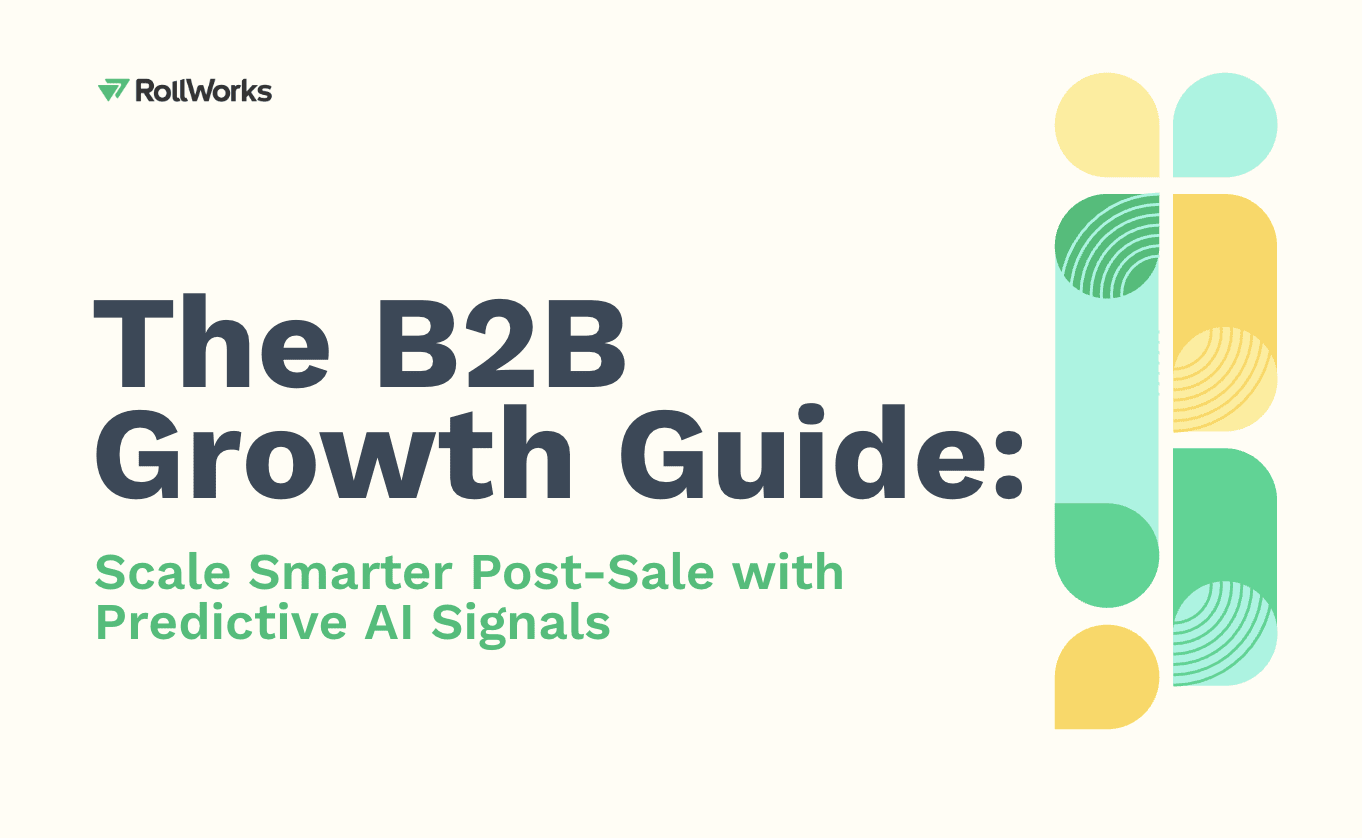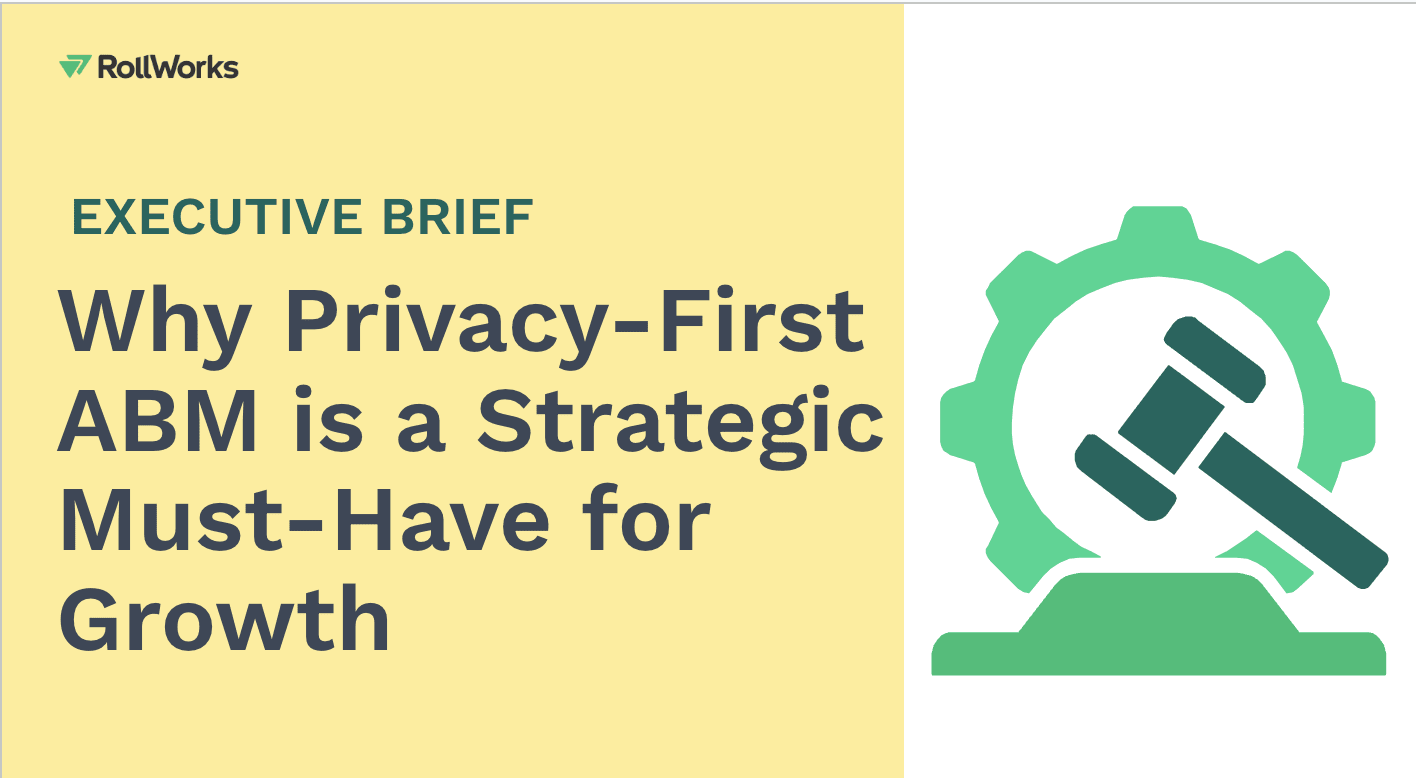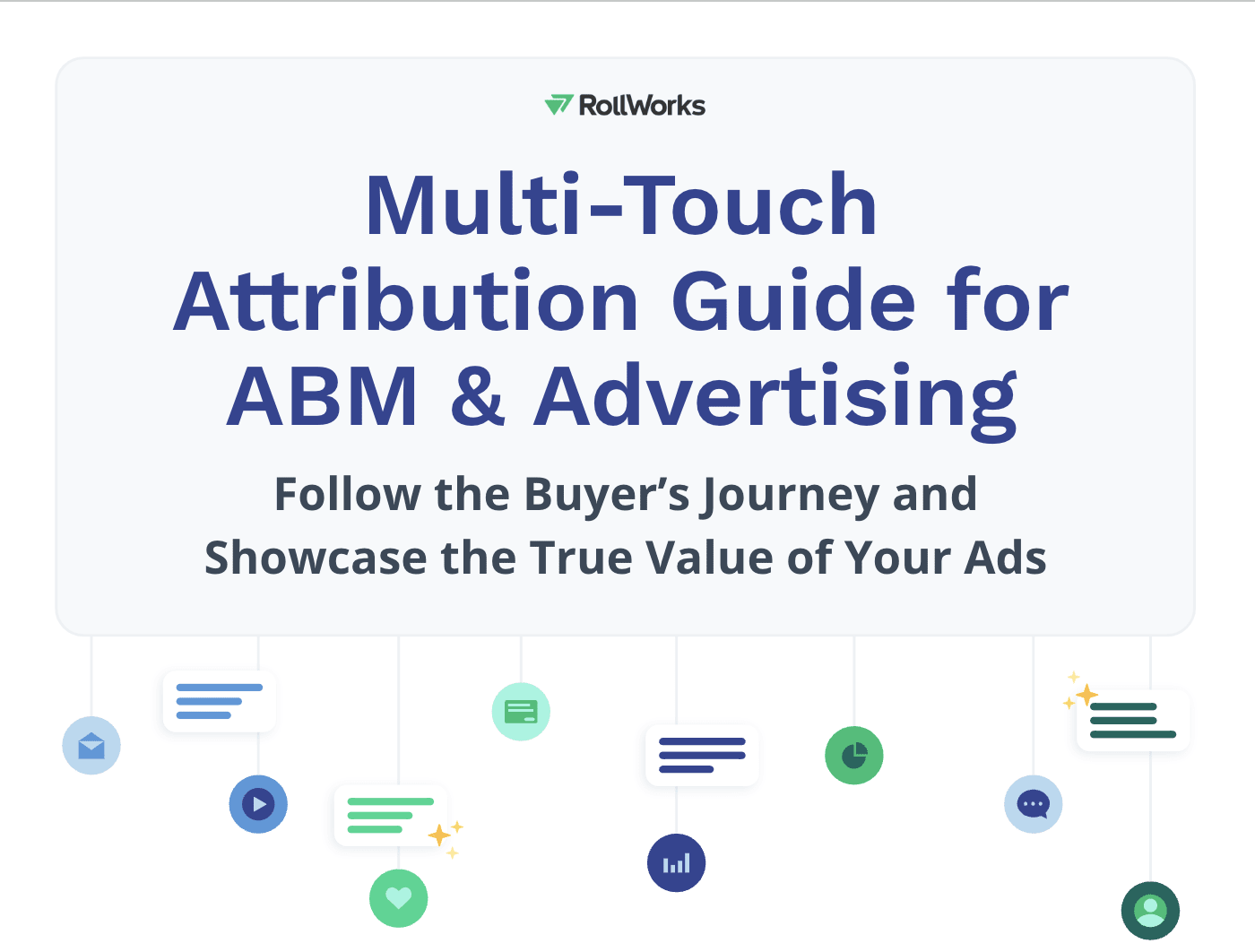Account-based marketing strategies (ABM) is a sales and marketing strategy that focuses on a small number of high-value accounts, which is especially important for B2B marketing teams. An effective ABM strategy can help early-stage B2B companies and startups in generating more than 200% more revenue compared to those who don't rely on such B2B marketing campaigns.
In this article, I’ll share the top account-based marketing channels to leverage: what they are and which ones may be the best for early-stage companies.
Different Types of ABM Channels
Account-based marketing tactics allow you to tailor, optimize, and target your content and marketing efforts, as well as sales pitches to high-value accounts. This has proven to be more effective than simple B2B marketing strategies geared towards the masses, as the chances of potential customers recognizing the value of your brand become greatly diluted.
However, having custom-tailored marketing content personalized for your target audience means little unless you deliver said content through proper channels. This is where account-based marketing channels are useful as a means of delivering content to your target accounts.
You have to identify the marketing channels on which your target audience spends their time online and focus your account-based marketing efforts on those channels. There's no need to invest in marketing channels on which your ideal customers aren't spending time — it's a terrible loss of time and money, leading to poor conversion rates and bad return on investment. To achieve and maximize positive results and extend your outreach, you must know which channels to use.
Digital Advertising
Investing and reinforcing in air cover helps to stay hyper-focused on best-fit accounts. As accounts progress through the funnel, your digital ads should reflect the transitions to accelerate the sales cycle with targeted messaging and relevant offers. And digital advertising is not just for new business. Retain current customers by segmenting various content and continuing to run retargeted digit ads—especially if you release a new product or service.
Content Marketing
The internet is a sea of content, but content geared towards specific account personas isn't as common as people think. Creating thematically relevant content, like whitepapers and webinars, will help separate your rising brand apart from your competition. If you've ever wondered why most businesses these days have blogs, the answer is content marketing and inbound marketing.
Identify a valuable piece of information related to your business and the products and services you offer, and develop a customized report that's both appealing and actually provides value to your potential customer. It's also worthwhile to make your landing page and overall online presence as personalized as possible.
Social Media
Leveraging social media creates a unique marketing approach that allows your brand to communicate with its audience outside of direct mail and email marketing. Once you've established a target account list, it's important to identify all the connected accounts available on social media, like LinkedIn, Facebook, and Twitter.
However, before you interact with your audience over social media, it's important to learn how they use social media in the first place. Do they have group chats, or do they share plenty of information that might be relevant to your customers through LinkedIn? Messaging your potential customers on various platforms is also a good idea.
It's also a good idea to leverage your brand's social media strategy as an ABM channel since it usually requires very little financial investment.
Email Marketing
Account-based marketing develops and executes highly focused and personalized campaigns for each set of accounts and their decision-makers. When combined with an ABM strategy, outbound email marketing can help you get greater outcomes. By implementing an ABM in email marketing, you may better understand each target account's goals and wants and add value to their business.
Considering that you're dealing with a fixed target group, your sales teams and marketing teams can create relevant content that would appeal to your potential customers. Both marketing automation and customer relationship management (CRM) play important roles in creating personalized messages for your clients.
Events
ABM events are planned occasions and gatherings that are typically attended or planned with certain accounts in mind. Account-based marketing strategies can assist event planners in identifying, attracting, interacting, and engaging with potential customers and prospect accounts.
Applying ABM to event marketing combines the power of live events with a targeted marketing strategy. These may involve individualized invites to target account prospects, VIP dinners, bespoke gifts, promo material, and personalized follow-up after the event. Unfortunately, startups that aren't funded are usually low on resources, which puts ABM events into a category that isn't "unattainable" but probably won't yield the best return on investment.
Direct Mail
While most marketers these days focus solely on digital marketing, the effects of direct mail account-based marketing programs shouldn't be neglected — unlike all other channels, direct mail is tangible. Due to that specific trait, direct mail is memorable and forges stronger connections between your brand and marketing qualified leads, sending them to the sales pipeline.
Similar to ABM events, direct mail may end up requiring substantial funds, which could put your startup in an unenviable position financially. This is best avoided by startups and small companies — unless the latter had,
The Impact of Omnichannel Marketing
Omnichannel marketing is a multichannel marketing and sales approach that acknowledges the previous touch points along the buyer's journey and delivers a seamless customer experience. Here is why omnichannel marketing is important:
The Brand Message Is the Same Across All Channels
Omnichannel marketing ensures that your brand's message is the same across all channels, including social media and websites — a highly beneficial marketing approach with benefits substantiated by various studies.
Having a consistent brand message across multiple channels increases the customer's purchase intent by nearly 90% and improves brand perception by almost 70%. Those aren't negligible numbers, especially for early-stage companies.
Omnichannel Marketing Increases Customer Loyalty and Engagement
A loyal customer is a profitable customer, and retaining your existing customers is much less expensive compared to lead generation. An effective omnichannel strategy is crucial in meeting the customer's expectations and driving up loyalty by supporting personalization and enhancing various loyalty programs.
Deeper Insights with Data Collection and Analysis
As stated above, omnichannel marketing is critical since it provides you with a thorough full-picture analysis of your marketing campaigns and advertising initiatives. It gives you a constant 360-degree view of your key accounts as they interact with your company at different stages of their journey. This insight allows you to better customize future adverts better to fit their preferences.
An Omnichannel Marketing Approach Increases Operational Efficiencies
Businesses that employ an omnichannel strategy may benefit from increased operational efficiency and cost savings. An omnichannel strategy allows businesses to collect a customer's data only once rather than at each touchpoint. Companies that gain a comprehensive perspective don't have to worry about designing and implementing a strategy for each channel.
ABM for All
Account-based marketing isn’t just reserved for enterprise companies with multi-million dollar budgets.
Early-stage companies and startups can deploy content marketing, email marketing, and social media to develop their unique ABM programs that cater to high-value accounts. Done right, as part of an omni channel strategy, can lead to increased revenue and more time for your sales team to focus on accounts that will close.
About the Author
Follow on Linkedin More Content by Bill Murphy, Chief Strategist





























